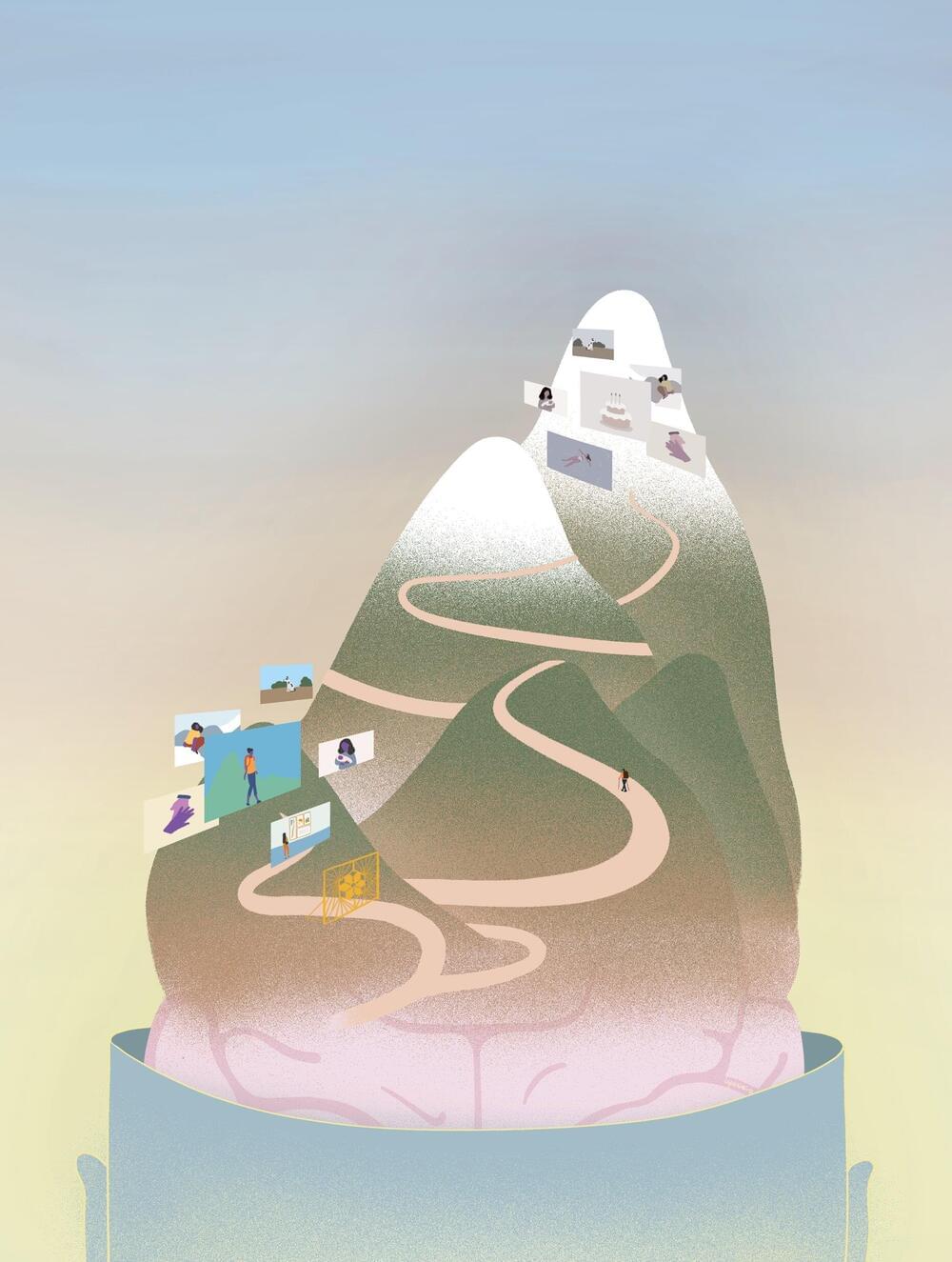Researchers from Max Planck Florida Institute for Neuroscience have discovered a new pathway to forming long-term memories in the brain. Their work, published in Nature Neuroscience, suggests that long-term memory can form independently of short-term memory, a finding that opens exciting possibilities for understanding memory-related conditions.
Our brain works diligently to record our experiences into memories, creating representations of our daily events that stay with us for short time periods. Current scientific theories of memory formation suggest that short-term memories are stored in what we can imagine as a temporary art exhibition in our brain before being cleared out for representations of new experiences.
A tiny fraction of these short-term memories—those most relevant to us—are moved to a more permanent exhibit, our long-term memory, where they are stored for days, years, or decades.










Leave a reply